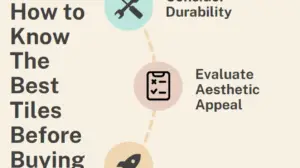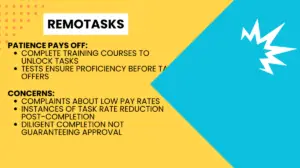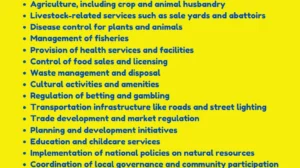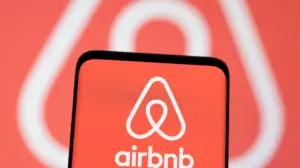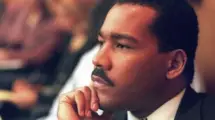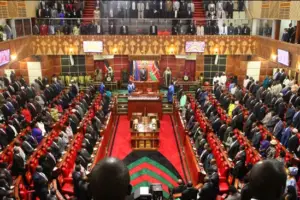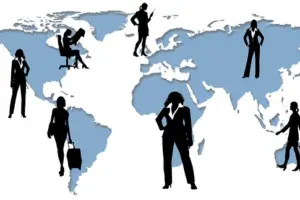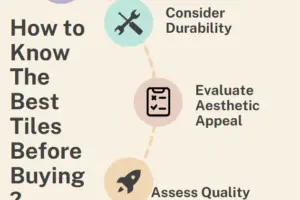
Since April, the forces of renegade Gen. Khalifa Hifter have pursued a withering offensive on the environs of the capital, Tripoli, locked in a battle of attrition with militias loyal to the U.N.-recognized Government of National Accord. More than a half-year of drone strikes, artillery bombardments and shelling have yet to tip the scales of the conflict, while the fighting has led to hundreds of deaths, displaced more than 140,000 civilians and shut down myriad schools and medical facilities.
Away from the battlefield, there’s a geopolitical tussle at play. Since a U.S.-led air campaign toppled the regime of Libyan dictator Moammar Gaddafi in 2011, the oil-rich North African nation has become a failed state. Two competing governments — the GNA, headed by Prime Minister Fayez al-Serraj, and another linked to Hifter, based in the country’s west — vie for control amid a morass of warlords and militias, including affiliates of the Islamic State. The warring factions are backed by foreign powers, whose entrance into the conflict out of ideological animus and economic interest has made forging peace all the more difficult.
Hifter, a former Gaddafi-era official who quit the regime and lived for a time outside Washington, D.C., has been supported by the United Arab Emirates and Egypt, whose leadership sees Serraj’s GNA as a hotbed of political Islamists, including sympathizers of the Muslim Brotherhood. More recently, hundreds of Russian mercenaries linked to the Kremlin have joined Hifter’s advance. The GNA, meanwhile, has received aid from Qatar and Turkey, which after a parliamentary vote has started to send detachments of Turkish troops to assist the defense of Tripoli.
Turkish President Recep Tayyip Erdogan signed an agreement with Serraj’s government over maritime borders in the eastern Mediterranean, where Ankara is seeking a greater share of the region’s underwater resources. A statement this week from the foreign ministers of France, Greece, Egypt and Cyprus, though, declared Erdogan’s pact with the GNA “null and void” because it adjudicates over territory where the latter three countries have competing claims and also hope to seek exploration rights.
Amid domestic disquiet about the foreign expedition to Libya, Erdogan summoned his country’s Ottoman past to justify the intervention. “We are in these lands [Libya], where our ancestors made history because we were invited there to resolve injustice and persecution,” he said on Thursday.
The strategic mess in Libya smacks of an earlier era, when foreign powers jostled for influence in resource-rich lands consumed by political turmoil. But it’s also a profound reflection of our political present, in which the “international community” rarely speaks in one voice and the influence of the world’s sole superpower, the United States, seems to be receding. Both the Obama and Trump administrations could do little to stem the upheaval in Libya.
“All of this is happening in part because the United States has failed to exercise its influence with the combatants and their outside allies,” noted an editorial in The Washington Post. “Instead, the Trump administration has sent mixed signals. Officially, it supports the Tripoli government; but last April, President Trump took a phone call from Hifter … and indicated support for his cause.”
The Europeans, meanwhile, have tried to force reconciliation, to minimal effect. Serraj was in Brussels this week and met key European diplomats. “We want to avoid Libya becoming the scene of proxy wars,” said German Foreign Minister Heiko Maas. “Libya cannot become a second Syria and so we need rapidly to enter a political process, an agreement on an effective cease-fire and an arms embargo.” But within Europe, there appear to be disagreements over the way forward, with France, in particular, seen to be more supportive of Hifter.
Europe’s engagement with Libya, as a whole, has lost ground to the efforts of both the Russians and the Turks. This week, Erdogan met with Russian President Vladimir Putin and jointly announced a cease-fire that would begin this Sunday.
“The Europeans and Americans let this conflict drag on from April until it reached a stalemate. That allowed the Russians to step in, with a few hundred mercenaries on the ground, and make a difference,” Wolfram Lacher, a Libya scholar at the German Institute for International and Security Affairs, told the New York Times. “What we’re seeing is competition over who defines the international framework for any negotiations to end the conflict. Putin and Erdogan are mounting a challenge to the European claim to leadership on Libya.”
Trump inherited a mess in Libya. But he’s managed to make it worse.
He can’t decide which side of the conflict we support.
His subservience to Putin and Erdogan has inflamed the growing proxy war.
And he has done nothing to address the humanitarian crisis.
— Chris Murphy (@ChrisMurphyCT) January 2, 2020
It’s hardly certain, though, that any of Libya’s factions will recognize the Russian-Turkish cease-fire. Hifter draws more direct support from Egypt and the UAE. While still in power, President Barack Obama upbraided both the Emiratis and Qataris for supplying their proxies with weaponry, in violation of a U.N. arms embargo. His scolding clearly did not have the necessary effect.
Writing in Foreign Affairs, Libya experts Frederic Wehrey and Jalel Harchaoui argued that the Trump administration still may be the only actor that can curtail Hifter’s advance and avert a “catastrophic” scenario for Tripoli’s civilian population. “The United States should exert greater pressure on the UAE to halt its military intervention and bring Haftar back to the negotiating table,” they wrote, adding that “Washington should use all the diplomatic tools at its disposal.”
[ad_2]
Source link



